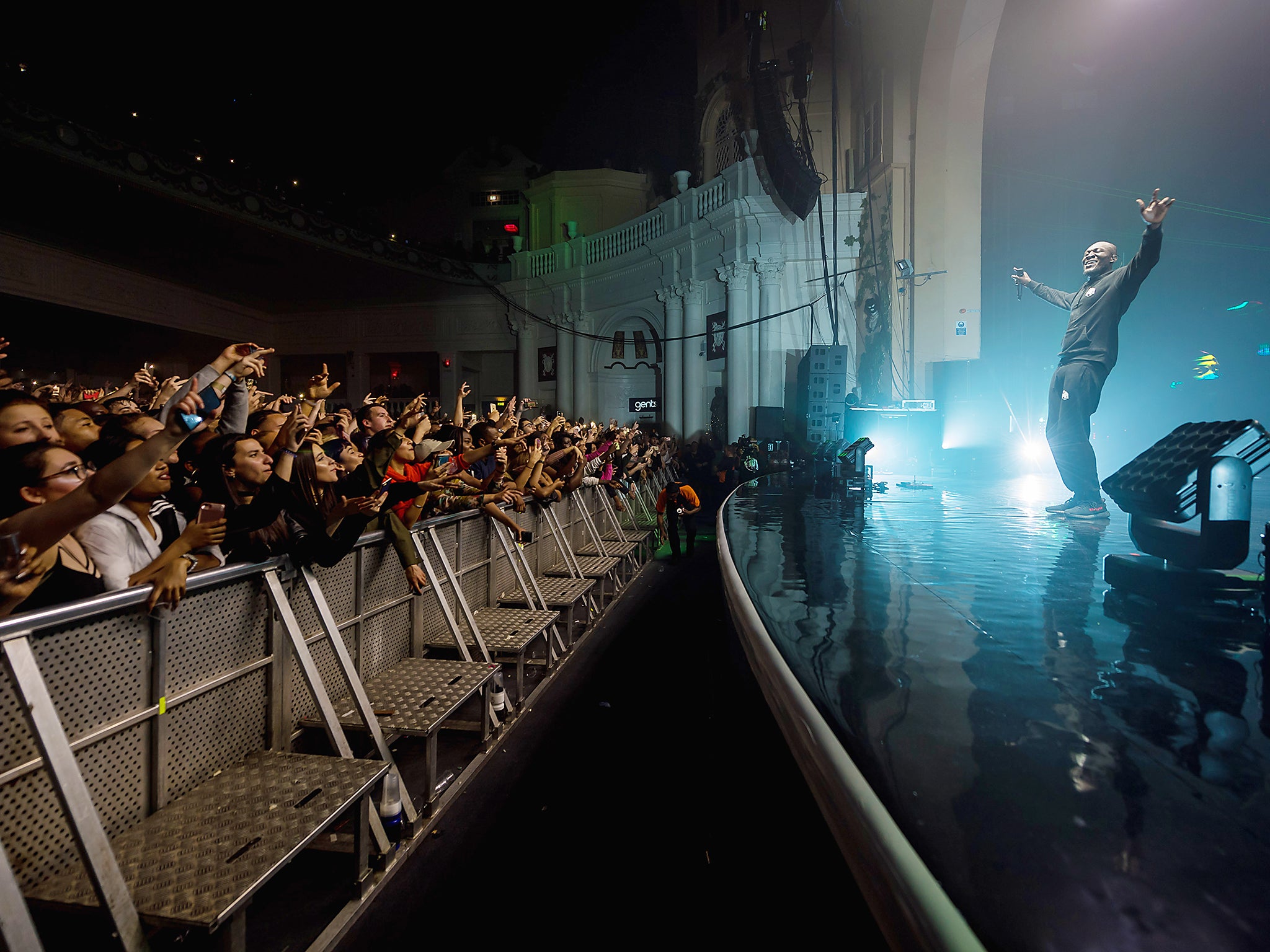How UK rappers helped Jeremy Corbyn in the General Election
Support from Britain's music scene helped the Labour leader achieve an essential youth vote that many claim swung the result

There's much to be said in how musicians can still inspire and inform their fans.
Jeremy Corbyn may not have had much in the way of street cred (as least in the beginning), but the support he has received from the UK music scene dealt with that in spades.
Labour may not have won the majority, but the result of this General Election is undeniably a win for the party and for Corbyn in particular.
As much as critics like to sneer and say that no one cares what celebrities think, British artists have proven that this is not the case.
Support from the music community has been creative, fun and informative; artists speaking out for Corbyn never patronised their fans. Instead, like the Labour leader himself, they have led a positive campaign that ignored smears from the press and his opponents.
A #Grime4Corbyn campaign encouraged fans to rally around him, with a new website promising free tickets to a secret grime show for anyone registering to vote, while media outlets such as Novara Media and GRM Daily kept fans informed on the General Election.

Jme appeared in a televised conversation with Corbyn about art, politics, and youth engagement with politics while rising star Novelist praised Corbyn for being in touch with ordinary people.
“Political change doesn't always come from politicians, does it?” Corbyn asked Jme during the conversation - the result of this election has proved him right.
AJ Tracey, who The Independent tipped as one to watch at the beginning of the year, appeared in a video for Labour where he spoke about the housing crisis, showing viewers the flats where he grew up and observing that he would never be able to afford a home there under a Conservative government.
Perhaps one of the reasons that grime artists have had such success at reaching their fans during this campaign is because they maintain their ties to the communities in which they grew up.
It's hard to relate to a celebrity when you know they're tweeting from their $2 million flat in New York. But grime is a culture as well as a music genre, and for London in particular, where it was born, people in that community support and listen to one another.
Mobo award-winning rapper and poet Akala wrote a balanced essay in May on how, despite not being a Labour supporter, he would be voting for Corbyn in the election.
"It’s not that I am naive enough to believe that one man (who is, of course, powerless without the people that support him) can fundamentally alter the nature of British politics, or that I think that if Labour wins that the UK will suddenly reflect his personal political convictions, or even that I believe that the prime minister actually runs the country," he wrote.
"However for the first time in my adult life, and perhaps for the first time in British history, someone I would consider to be a fundamentally decent human being has a chance of being elected."
Corbyn's outsider status at the beginning and his DIY approach to politics drew a direct parallel with Britain's creative community, in particular a genre that had become used to being belittled and outright ignored by the mainstream.
Since grime's resurgence in the past five years, artists have refused to pander to the press and succeeded in their own right, only to have the media scrambling to catch up once it became clear that Stormzy would debut at No.1 in the album charts with his debut Gang Signs and Prayer, and US artist Drake began featuring the likes of Skepta and Giggs in his work.
"My man, Jeremy! I dig what he says," Stormzy told the Guardian in an interview last year. "I feel like he gets what the ethnic minorities are going through and the homeless and the working class."
Tweeting during his tour dates in the US, hip hop artist Loyle Carner wrote: “Everyone I've met at the shows out here in America is telling me to tell you not to make the same mistakes some of them did by not voting.”
The youth vote turnout during this election has been extraordinary. Early figures point to more than a 20 point rise among 18 to 24-year-olds since 2015.
Close to 250,000 young people registered to vote ahead of the deadline, up from 137,400 on the last day of registrations in 2015.
Corbyn was been described as "out of touch" by his own peers and the tabloid press, yet is arguably one of the most relatable MPs we've seen in decades.
Research into his supporters showed that out of the average supporter income of the four 2015 Labour leadership candidates, Corbyn's were poorer than the general population and significantly poorer than those of his more centrist opponents.
And in a recent interview with The Independent, he spoke about how he wanted to support British music through education and live venues; something you'd be hard put to find any other political leader willing to discuss.
Now, as the aftermath of the General Election continues to rumble on, artists need to continue working within their communities, asking themselves out where they want to go from here, and to work with their local MPs to ensure the new Government supports culture in the UK so it continue to thrive.
Join our commenting forum
Join thought-provoking conversations, follow other Independent readers and see their replies
Comments
Bookmark popover
Removed from bookmarks